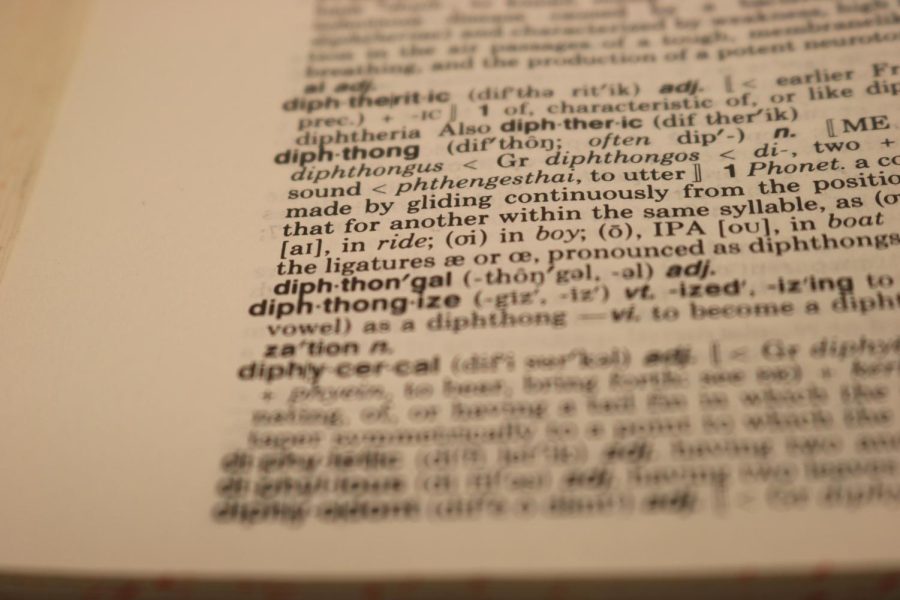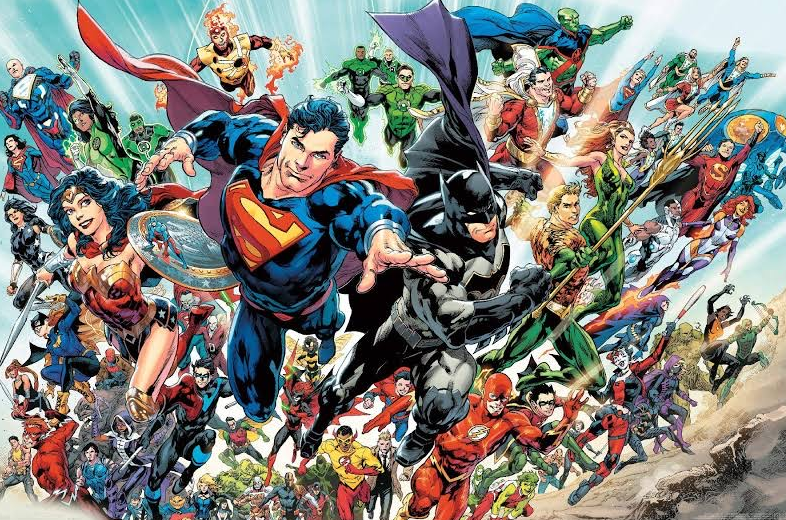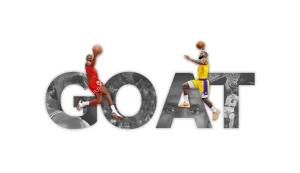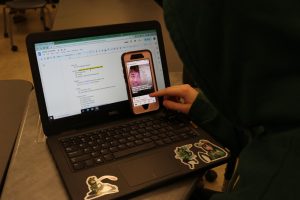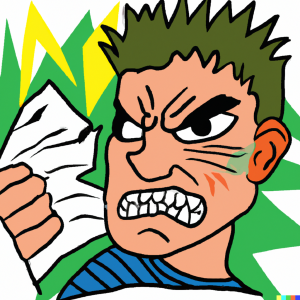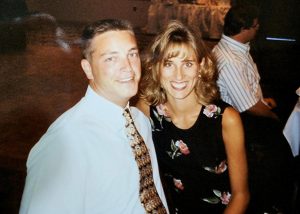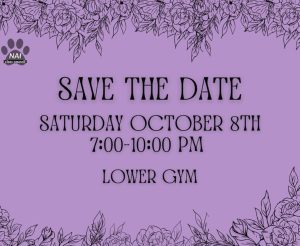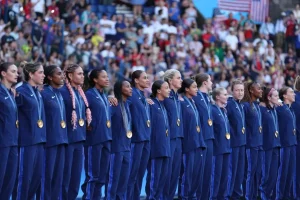The Trouble of Mispronounced Names
Some students wish their names came with pronunciation guides.
February 28, 2022
Names. There are so many. It is one reason that each and every person is different from the rest. Something people are called since the day they were born. Something that is yelled to grab someone’s attention in a large crowd. Or how a teacher can identify which student completed which paper.
Everyone has at least two. A first name and a last name. But, they are not always pronounced the same as they are seen on paper.
So many people have their names mispronounced everyday, but everyone’s response is different. This can be a grueling decision, although it may seem simple to some people. To others, they are stuck between whether or not they should correct the person, or just go on with their day without saying a thing.
North Allegheny students were polled and asked how they feel if someone mispronounces their name, and do they correct them?
Many students said that they do not take the time to correct someone if they mispronounce their name. Sophomore Matt Radermacher (Raw-der-maw-ker), responded, “Usually no, unless they ask if they pronounced it correctly or if I am going to be communicating with the person on a regular basis.”
Another sophomore, Marin (M-air-in) Dunaway, said, “Sometimes I do, but I don’t really like to correct people.” Sophomore Gracie Strzempek (Strem-peck), also does not correct people she said, “No, I personally don’t think that it is a big deal when someone mispronounces it. Since I was born most people have been mispronouncing it, so by now I am used to it.”
But a select few students such as sophomore, Katyusha (Kuh-toosh-a) Peregoncev (Pear-I-gone-tsev) believe that it is very important to correct someone if they mispronounce your name. She said, “If it is an important enough situation(classes, meeting new people, etc.) I do because it is the way I identify with myself. My name is a part of me and I want people in my life to understand that my name lets me connect with myself and once people finally get it correct they start to ask about my name’s history. This makes me happy knowing that some people still make an effort to learn more. It often is also a conversation topic so it’s sort of an ice breaker.”
Although it appears that most students don’t take the time to correct someone if their name is mispronounced, almost all students had an opinion or a feeling that they experience when their name is mispronounced.
Dunaway said that when someone mispronounces her name, it makes her wish her name was easier to pronounce and she feels uncomfortable because she then has to correct them.
Sophomore Joseph Marquis (Mar-key) also said that, although it doesn’t bother him anymore, it used to make him a little bit mad and frustrated.
Katyusha (Kuh-toosh-a) Peregoncev (Pear-I-gone-tsev) also said, “I understand why it happens but I would rather people ask me how to say it rather than them just giving up. I see why it is difficult to say but it is my name and I think it is unique, so I like to have it said correctly. People with common names don’t understand what it is like to have people think your name is “too hard” and give up. It reflects my culture and heritage which is important to me.”
Names everywhere are pronounced incorrectly every single day. And although some don’t seem to care as much as others, it is always important to make an effort to pronounce a name correctly rather than just giving up. Consider how it would feel if instead of being called by your name people just said “Hey you!” and didn’t even attempt to make an effort.


